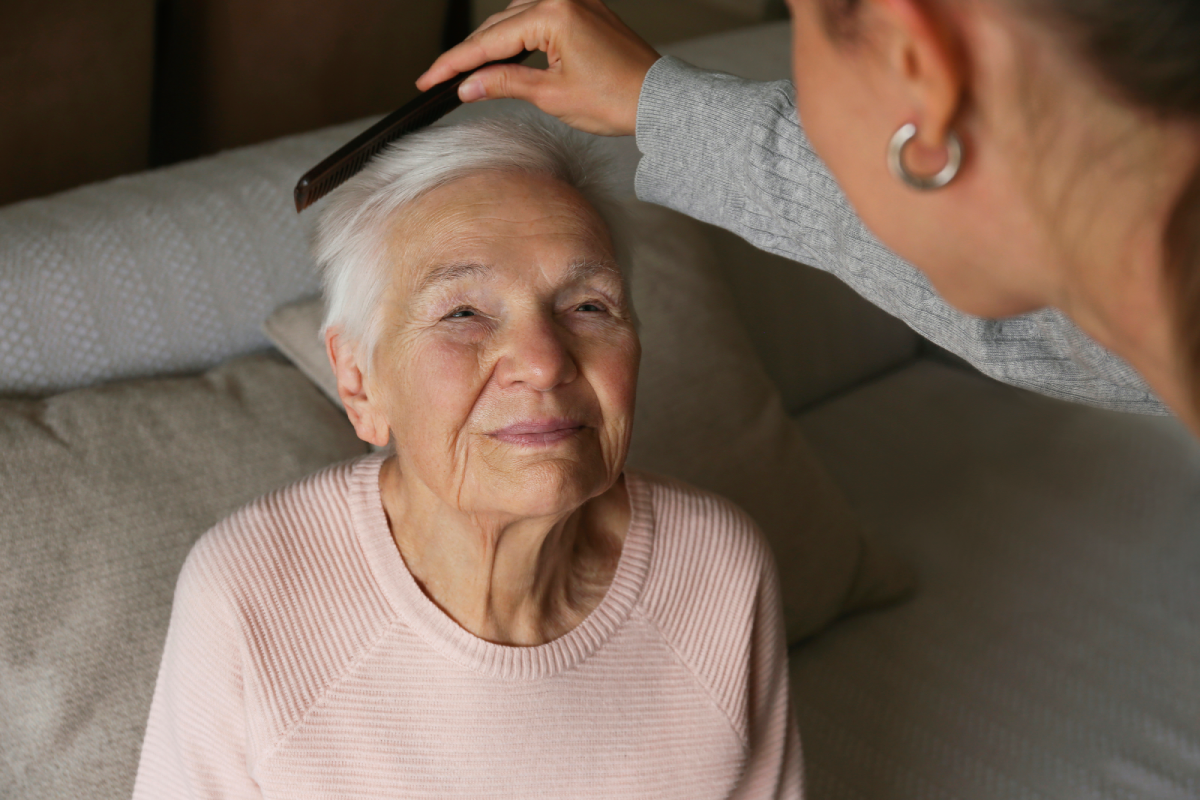How Senior Assisted Living Supports Daily Activities

In recent years, the approach to Assisted Living has evolved significantly, becoming more tailored and responsive to the unique needs of individuals requiring a supportive living environment. Senior Assisted Living plays a crucial role in this evolution, offering an array of services and amenities designed to foster independence while providing necessary support. This article explores how these communities assist with daily activities, aiming to inform those considering Assisted Living options.
Understanding Assisted Living
Assisted Living communities are designed to support individuals in their daily lives while promoting as much independence as possible. These communities offer a blend of residential living, personal care services and healthcare designed to meet the needs of those who require assistance with daily activities but do not need the full-time, intensive care provided in a nursing center.
Personal Care Services
One of the primary ways senior Assisted Living supports residents is through personal care services. This includes assistance with activities of daily living (ADLs), such as bathing, dressing and grooming. By providing help with these essential tasks, residents can maintain their dignity and independence while ensuring their health and safety.
Medication Management
Another crucial service is medication management. Managing multiple medications can be complicated, particularly for individuals with memory issues or those who find it challenging to keep track of schedules. Assisted Living communities have systems and trained professionals to ensure that residents take their medications correctly and on time, reducing the risk of medication errors and improving overall health.
Nutritional Support
Nutritional support is also a key component of Assisted Living. Communities typically offer meals that are not only nutritious but also cater to the dietary needs and preferences of residents. This service is especially beneficial for those who may find meal preparation challenging or no longer enjoy cooking. Nutritional support ensures that residents have access to balanced meals that contribute to their health and well-being.
Social and Recreational Activities
Social interaction and recreational activities are vital for mental and emotional health. Assisted Living communities provide a calendar of events and activities designed to keep residents engaged and connected. From exercise classes and art workshops to social outings and cultural events, these activities help prevent isolation and encourage a sense of community.
Housekeeping and Maintenance
Living in a clean and well-maintained environment is essential for comfort and health. Assisted Living communities take care of housekeeping and maintenance, allowing residents to live in a clean environment without the stress of managing these tasks themselves. This includes laundry services, cleaning and upkeep of the living spaces, ensuring a pleasant and safe living environment.
Transportation Services
For many residents, the ability to get around is crucial for independence. Assisted Living communities often provide transportation services for medical appointments, shopping trips and social outings. This service is vital for residents who no longer drive, allowing them to maintain their independence and stay active in the community.
Enhanced Safety and Security
Safety and security are paramount in Assisted Living communities. With features like emergency call systems, 24-hour security and on-site medical assistance, residents and their families can have peace of mind knowing that help is available whenever it's needed.
Tailored Support
The beauty of assisted living lies in its ability to tailor support according to individual needs. This personalized approach ensures that each resident receives the right level of care and assistance, promoting independence while ensuring safety and well-being.
